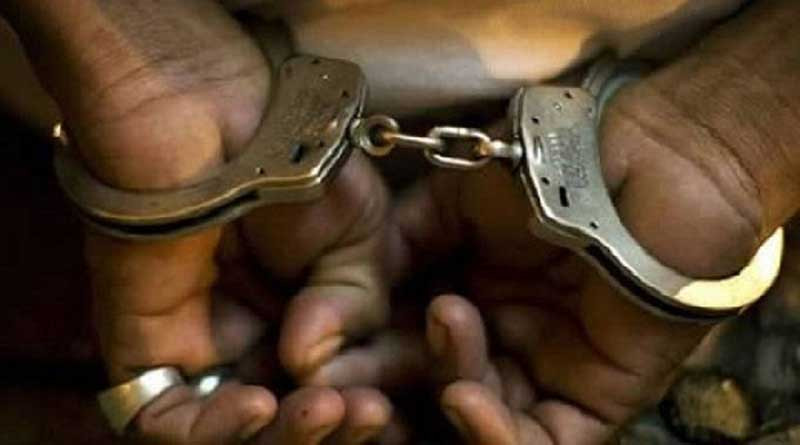
THE arrest of three soldiers in a foiled armed robbery recently following a movie-style shoot-out has again brought to the limelight the involvement of rogue elements of the uniformed forces in violent crime in the country.
The shoot-out and arrest took place on October 2 in Bikita and involved four other civilians.
One of the soldiers stationed at 3.1 Brigade in Mutare, Elliot Kandiyero (27) was killed in the shoot-out with the police. His rank in the Zimbabwe National Army (ZNA) had not yet been established at the time of going to press.
His arrested colleagues were identified as Private James Keriphanos Makombe (22) of 1 Brigade in Bulawayo, Lance Corporal Oswald Kaseke (27) of Military School of music, Bulawayo and Corporal Maxwell Kuwanda (32) of 5 Brigade, Kwekwe.
The four civilians are Peter Chiripiwako (33), Owen Dzinduwa (26), Collius Kamuti (40) all from Nyanga and Timothy Mawere (29) from Bikita.
The surge in armed robberies involving serving and retired soldiers and police officers in the past two years has triggered security concerns among the public amid reports that over US$5 million was lost through the heinous acts between January and October last year.
Shoot-outs between police and soldiers at crime scenes have become common in public places, even during broad daylight, endangering the lives of civilians.
In March, three soldiers were sentenced to 15 years behind bars after being convicted of armed robbery by the Zimbabwe Defence Forces (ZDF) Court Martial.
- ZDF in routine exercise in Mash Central
- Security officers’ involvement in armed robberies worrisome
- Unintended effects of breakdown of rule of law
- 2023 elections: Mnangagwa’s swansong?
Keep Reading
Last year, Home Affairs minister Kazembe Kazembe admitted before the Senate that serving and former police officers and soldiers were involved in many armed robberies recorded throughout the country.
In one of the several robbery cases where members of the army were involved, two soldiers allegedly shot dead a man in a US$40 000 robbery that occurred in Hatfield, Harare, on December 24, 2021.
Two soldiers were also implicated in one of the biggest heists that occurred early last year where they allegedly connived with security guards manning a cash-in-transit vehicle and stole US$2,7 million belonging to ZB Bank.
Charles Chirara, who was implicated in the US$2,7 million heist, was one of the two soldiers that were shot and killed while robbing the home of retired police detective Joseph Nemaisa in Chadcombe, Harare recently.
In December last year, a soldier shot and killed five people at a shopping centre in Mhondoro after a misunderstanding with one villager.
The ZNA said it would not disclose its plans to rein in its members when it was contacted for comment by The Standard.
“Be advised that the army does not discuss organisational plans and measures in the media,” ZNA spokesperson Alphios Makotore said.
The ZNA has in the past war1ned that rogue elements in the force would be dealt with.
Repeated efforts to get a comment from Kazembe yielded nothing as he was not picking up his phone. Kazembe’s deputy Ruth Maboyi refused to comment on the matter.
Police spokesperson Assistant Commissioner Paul Nyathi said armed robbers faced the full wrath of the law.
“Anyone who commits a criminal offence including members of the security services have to account for their actions. There is nothing sinister or special which can be done on any unruly element who commits a criminal offence. The country’s laws will be applied without fear or favour,” Nyathi said.
“There are several engagements and processes that are being done with the police command to address the problem which cannot be shared with the media.”
Critics blame the armed robberies involving soldiers and police on a failing economy and poor government salaries.
Unlike nurses, doctors, and teachers, soldiers and police are not allowed to go on strike in Zimbabwe.
Zimbabwe Human Rights Association director Dzikamai Bere said the involvement of soldiers in crime was worsening the already broken trust between them and the public.
“It becomes an issue of concern when violent crimes are being committed by members of the security services who should be safeguarding security in the communities,” Bere said.
“ The relationship that is already strained because of the military’s involvement in human rights violations can become worse if no concrete measures are put in place to restrain the security officers from crime.”






